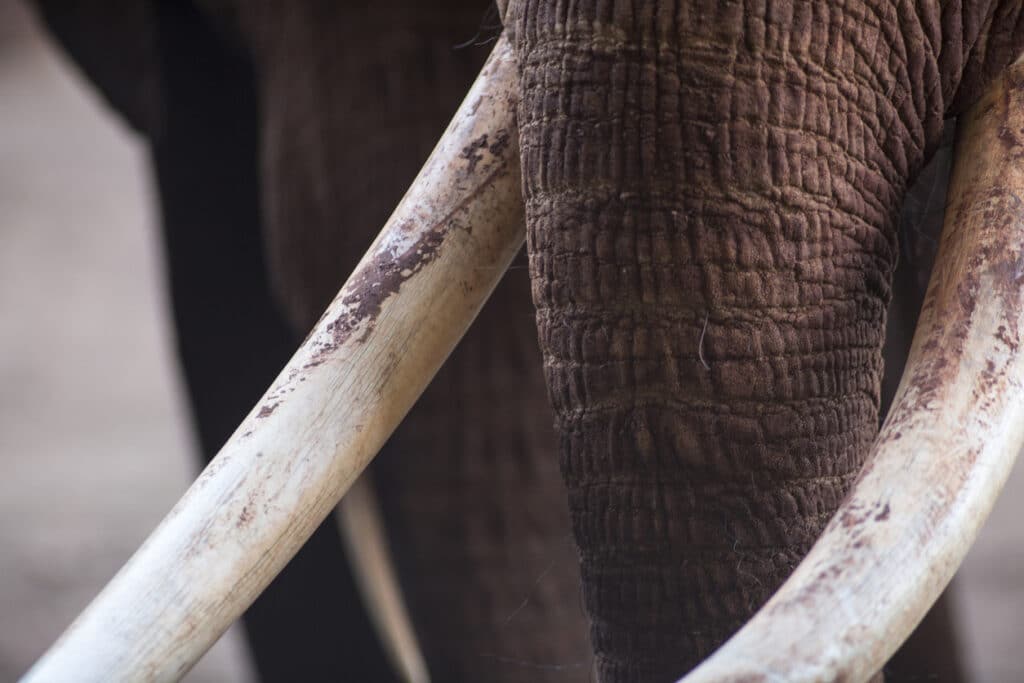A bill that institutes whistleblower reward programs for individuals exposing animal trafficking and other wildlife crimes was recently reintroduced in Congress. Representatives John Garamendi (D-CA) and Don Young (R-AK) reintroduced the Wildlife Conservation and Anti-Trafficking Act (WCATA). The bill was previously introduced in 2019 and is widely supported by both whistleblower and wildlife advocacy groups.
WCATA, which broadly supports wildlife conservation and addresses wildlife trafficking, includes requirements for federal agencies to implement whistleblower award programs. These programs would help recruit whistleblowers and monetarily award individuals who blow the whistle on violations of wildlife trafficking laws. Comparable whistleblower programs have revolutionized the detection and prosecution of government contract fraud, tax fraud, and securities fraud.
In addition to mandating the payment of whistleblower rewards, WCATA redesignates wildlife trafficking as an offense under federal racketeering and organized crime statutes. The bill also expands conservation funding, as monies recovered by successful prosecutions under wildlife laws would be put directly into conservation efforts.
Representative Young previously spoke to WNN about the bill and highlighted the increased protections and incentives for whistleblowers that are built into the bill. Young described whistleblowers as “our eyes and ears on the ground” and “invaluable partners in the fight against illegal hunting and fishing.”
According to the National Whistleblower Center (NWC), which has strongly advocated for the bill, WCATA “offers a powerful new tool to combat looming threats to global wildlife, including wildlife trafficking, the illegal timber trade, and illegal, unreported, and unregulated (IUU) fishing.”
As part of their efforts to further protections for wildlife whistleblowers, NWC launched a pledge campaign asking individuals to pledge their support for wildlife whistleblowers. The campaign explains that “whistleblowers are the most powerful tool we have to fight wildlife crime, and they need our continued support.”
“NWC is over the moon after hearing news of the reintroduction of WCATA,” said NWC Executive Director Siri Nelson. “We have been working hard to raise awareness about wildlife whistleblowers, and by reintroducing this bill Reps. Garamendi and Young are showing our Wildlife Pledge signatories that their voices are being heard! There is bi-partisan support for whistleblowers, and wide support for wildlife, so I hope this bill will enjoy both.”
In April 2021, the U.S. House of Representatives Natural Resources Committee held a hearing entitled “Wildlife Trafficking and the Growing Online Marketplace.” At the hearing, experts suggested key ways Congress could better police online wildlife trafficking. One witness, Gretchen Peters of the Alliance to Counter Crime Online, expressed support for WCATA and stated that the bill “has critical provisions for fighting wildlife crime online, and it establishes a whistleblower program that provides financial incentives, plus crucial anonymity protections for relators of wildlife crime.”
WCATA has also received widespread support from wildlife advocacy groups such as the Association of Zoos and Aquariums (AZA) and the Wildlife Trafficking Alliance (WTA). In an article for WNN, Sara Walker, AZA’s Senior Adviser on Wildlife Trafficking, notes the organization’s support for WCATA. She further states that the group “supports future bipartisan efforts that seek to provide additional protections for endangered wildlife and seek to curb wildlife trafficking through whistleblower rewards.”
